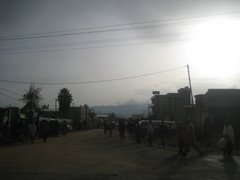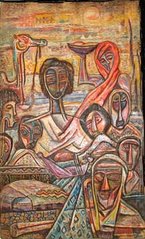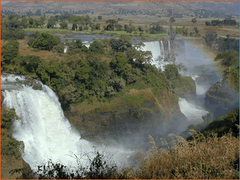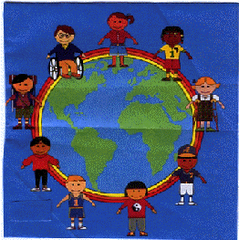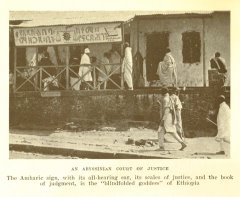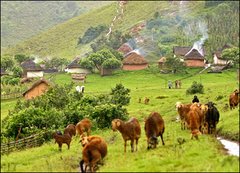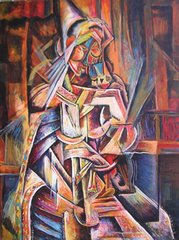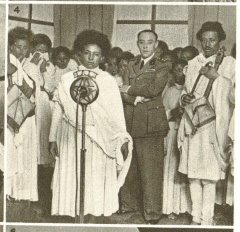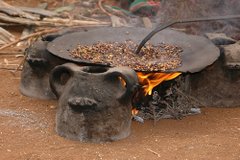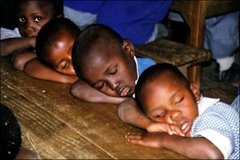
Does anyone else find it strange that the Ethiopian Prime Minister has the authority to send troops or "military trainers" to another country without first consulting the parliament?
Let us review the powers of the Prime Minister in Ethiopia, shall we.
Appointment of the Prime Minister
1. The Prime Minister shall be elected from among members of the House of Peoples’ Representatives.
2. Power of Government shall be assumed by the political party or a coalition of political parties that constitutes a majority in the House of Peoples’ Representatives.
Article 74
Powers and Functions of the Prime Minister
1. The Prime Minister is the Chief Executive, the Chairman of the Council of Ministers, and the Commander-in-Chief of the national armed forces.
2. The Prime Minister shall submit for approval to the House of Peoples’ Representatives nominees for ministerial posts from among members of the two Houses or from among persons who are not members of either House and possess the required qualifications.
3. He shall follow up and ensure the implementation of laws, policies, directives and other decisions adopted by the House of Peoples’ Representatives.
4. He leads the Council of Ministers, coordinates its activities and acts as its representative.
5. He exercises overall supervision over the implementation of policies, regulations, directives and decisions adopted by the Council of Ministers.
6. He exercises overall supervision over the implementation of the country’s foreign policy.
7. He selects and submits for approval to the House of Peoples’ Representatives nominations for posts of Commissioners, the President and Vice-President of the Federal Supreme Court and the Auditor General.
8. He supervises the conduct and efficiency of the Federal administration and takes such corrective measures as are necessary.
9. He appoints high civilian officials of the Federal Government other than those referred to in sub-Articles 2 and 3 of this Article.
10. In accordance with law enacted or decision adopted by the House of Peoples’ Representatives, he recommends to the President nominees for the award of medals, prizes and gifts.
11. He shall submit to the House of Peoples’ Representatives periodic reports on work accomplished by the Executive as well as on its plans and proposals.
12. He shall discharge all responsibilities entrusted to him by this Constitution and other laws.
13. He shall obey and enforce the Constitution.
Now here are some amendments under the article that states the powers and functions of the Council of Ministers (comprises the Prime Minister, the Deputy Prime Minister, Ministers and other members as may be determined by law)
8. It shall formulate the country’s foreign policy and exercise overall supervision over its implementation.
10. It has the power to declare a state of emergency; in doing so, it shall, within the time limit prescribed by the Constitution, submit the proclamation declaring a state of emergency for approval by the House of Peoples’ Representatives.
11. It shall submit draft laws to the House of Peoples’ Representatives on any matter falling within its competence, including draft laws on a declaration of war.
12. It shall carry out other responsibilities that may be entrusted to it by the House of Peoples’ Representatives and the Prime Minister.
13. It shall enact regulations pursuant to powers vested in it by the House of Peoples’ Representatives.
Now Most Important to me is to know the powers of the Federal Houses (Parliament):
Under Chapter 6 of the constitution are the amendments:
7. It shall determine the organization of national defence, public security, and a national police force. If the conduct of these forces infringes upon human rights and the nation’s security, it shall carry out investigations and take necessary measures.
8. In conformity with Article 93 of the Constitution it shall declare state of emergency; it shall consider and resolve on a decree of a state of emergency declared by the executive.
9. On the basis of a draft law submitted to it by the Council of Ministers it shall proclaim a state of war.
ALRIGHTY, so as open ended these amendments are it seems quite clear (and not to mention, democratic) to me that the Prime Minister must present to Parliament its intention to use national defense to support another state. It is irrelevant, your Excellency, that "we have the right to defend ourselves against these people. We have been very patient throughout this ordeal." Under your state's constitution, you should have presented this case to parliament BEFORE you sent troops. Now, those Ethiopians living in the Somali region and Ethiopia are under greater security threats. This action has upset the Islamic region in Somalia and the "holy war" they have declared on Ethiopia will put those geographically closest to the region, those living in the south east Somali region of Ethiopia in great danger of ground combat and attacks or even danger of more destructive weapons. The Prime Minister acted irresponsibly and prematurely and has carelessy endangered occupants of a large Ethiopian district.
Members of the Federal Houses, under amendment 17 of Article 55, I call on you "to question the Prime Minister and other Federal officials and to investigate the Executive’s conduct and discharge of its responsibilities."
I cannot quote it exactly but Ngugi wa Thiong'o said something like: Too much silence breeds misery in the state.

